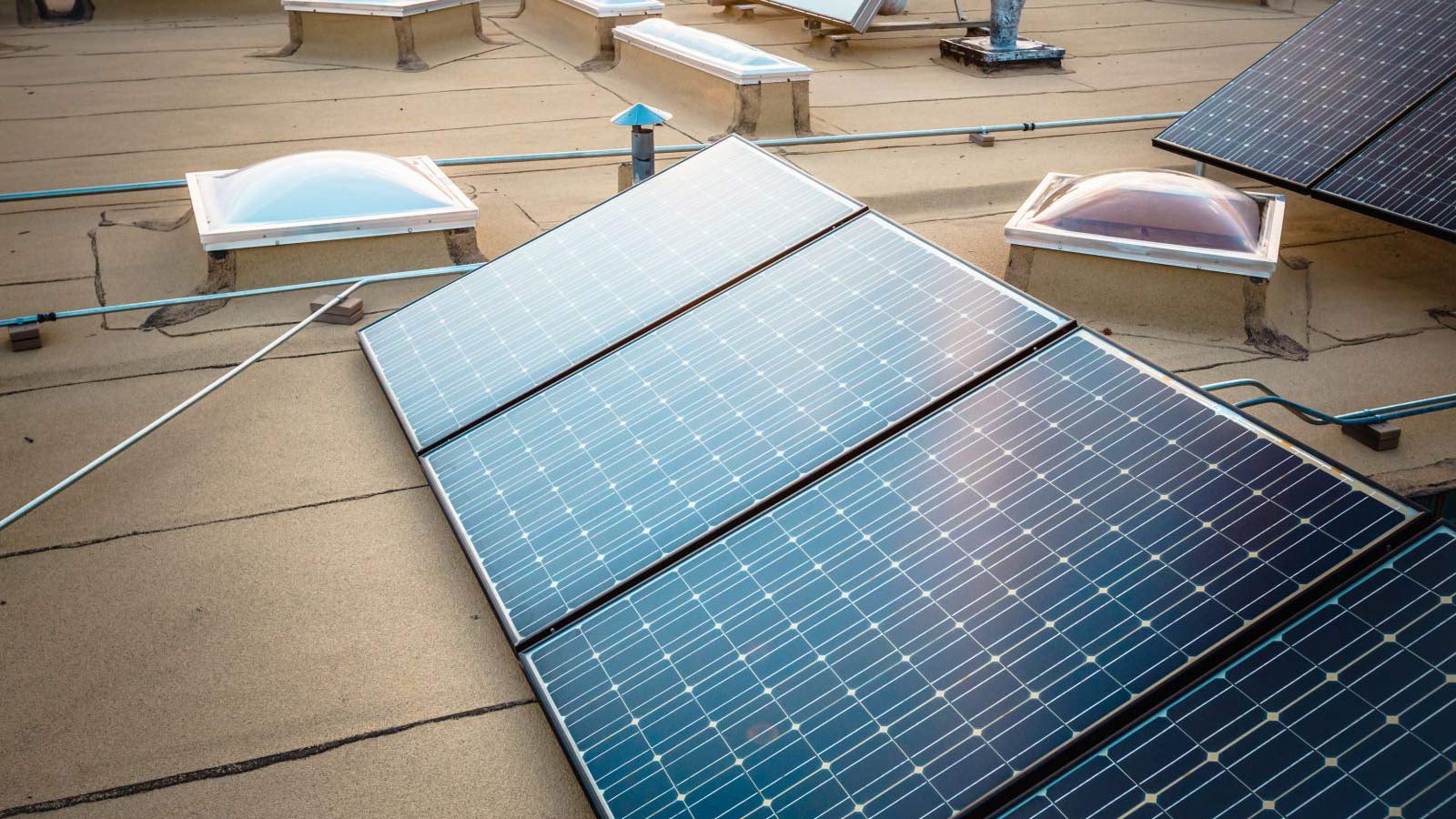Rooftop solar: Companies going green face little known risks
Look at the closest electric light in your work space. Where does its power come from?


Look at the closest electric light in your work space. Where does its power come from?
It may well be produced on your office’s roof.
More than 40,000 business, non-profit and government locations have solar power generation equipment mounted on the roofs of their facilities, a trend that is growing, according to the Solar Energy Industries Association. In fact, the top 25 largest corporate solar users more than doubled their solar capacity in the past two years, according to that group.
Placing solar arrays on the roofs of commercial properties can provide companies a new income stream, tax incentives, and lower utility bills.
But not without risk. Potentially significant risk, driven in large part because there are currently no uniform standards to guide the installation and maintenance of solar panel arrays.
Whether your company is considering installing roof-mounted solar equipment or already has such equipment, it’s important to understand the top insurance-related risks of these systems:
- Shock and fire hazard – A solar photovoltaic system uses a ground fault protection or detector/interrupter equipment to protect against electrical faults and short circuits. However, a perfect storm scenario can develop – known in the industry as a “blind spot” –where a ground fault can remain undetected and the protection equipment fails to de-energize the system. The result? Electric current continues to flow through the solar system, potentially sparking fires and presenting electric shock hazards.
- Fire growth – How a solar system is installed can also affect how quickly a fire grows and spreads. During a fire, the space between the solar equipment and the roof can trap heat, potentially allowing the fire to spread even on fire-rated roof material. And solar power generation equipment may provide additional fuel for roof fires. Finally, solar panels can shield a fire from efforts to extinguish it.
- Firefighter safety – Unlike traditional electrical systems, solar panels cannot be turned off and are always producing energy when exposed to sun, increasing risk to firefighters. Given this danger, coupled with the blind-spot issue, firefighters may not be able to fully fight a fire on a roof with a solar array, leading to greater damage to the facility and longer recovery time for the businesses it houses.
- Roof collapse – Roofs are highly-engineered to support specific weights. Adding solar panels can affect the integrity of the roof structure by exceeding these weight limits, potentially resulting in roof sagging or collapse.
To learn how to help mitigate these risks, please visit our solar panel installation and commercial solar panels online content.
This article was produced by Liberty Mutual and not by the Quartz editorial staff.